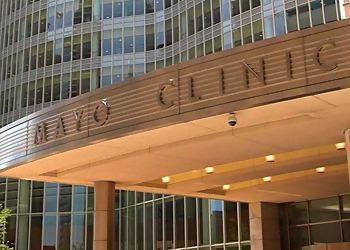
Are you Dr. ANDREW MCKEON? Click to verify and gain editing access.
ANDREW MCKEON MB, B.CH, MD
CONDITIONS TREATED:Autoimmune Encephalopathy, Chorea, Dystonia, Movement Disorder, Myelin Oligodendrocyte Glycoprotein Antibody-Associated Disease, Myoclonus & Neuromyelitis Optica in Rochester
Available Timing
Working hours not explicitly listed. Please call the clinic for availability.
Meet Dr. ANDREW MCKEON
Clinic/Office Photo

About ANDREW MCKEON
Meet Dr. Andrew McKeon, a distinguished neurologist at Mayo Clinic. After his medical education at the University College of Dublin National University School of Medicine, he pursued his residency and fellowship at Mayo Clinic College of Medicine and Science in Rochester. Dr. McKeon, a fellow of the Royal College of Physicians, is a member of prestigious organizations like the American Neurological Association and the American Board of Medical Laboratory Immunology. In addition to his clinical roles, he is the co-director of the Neuroimmunology Laboratory and holds academic positions as a professor of neurology and associate professor of laboratory medicine and pathology at Mayo Clinic College of Medicine and Science. His primary research and clinical focus is on autoimmune CNS disorders, finding new antibody biomarkers, understanding their clinical implications, exploring their pathophysiological importance, and developing therapies to improve patient outcomes.